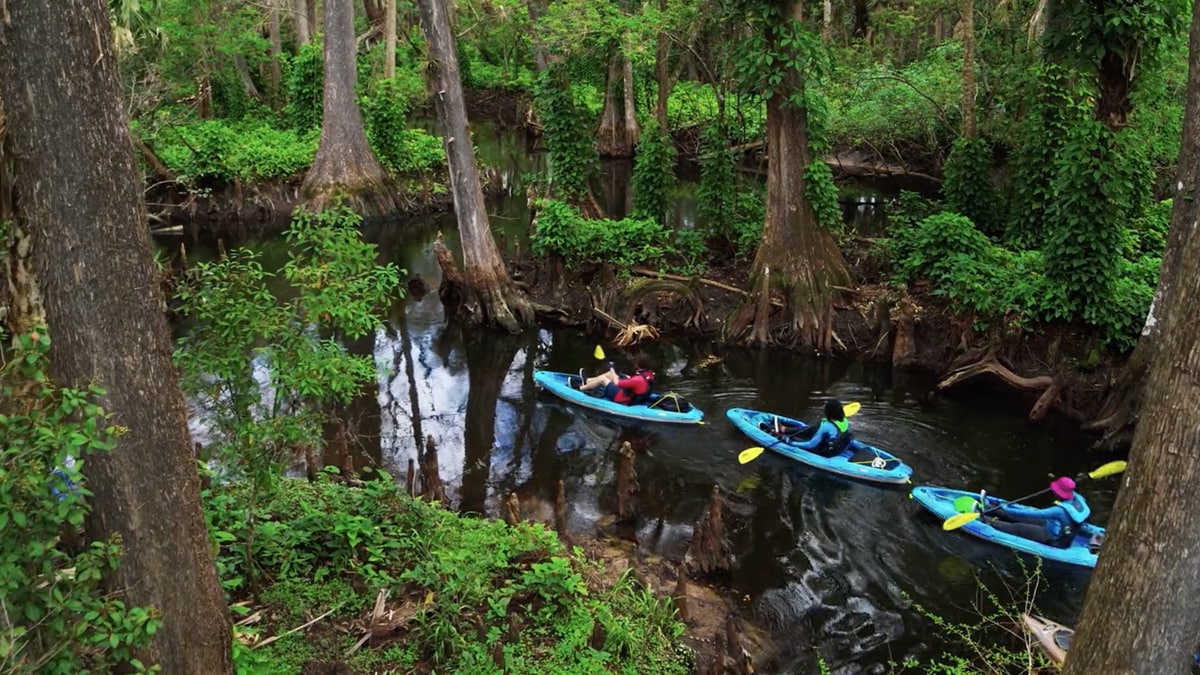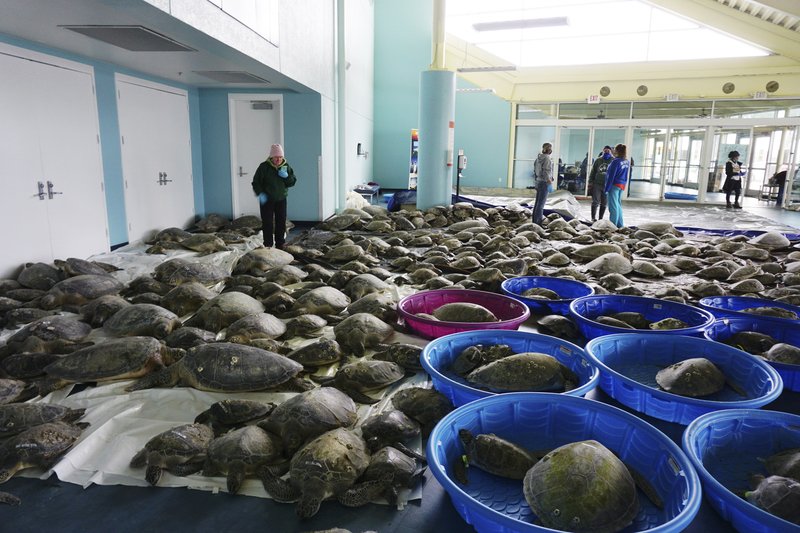Media Alert from Palm Beach County Department of Environmental Resources Management 📸: Day’s Edge Productions…

Distant seas might predict Colorado River droughts
Using recognizable links between ocean temperatures and continental weather patterns, scientists may have come up with a potential early warning system for severe droughts in Colorado.
Original article published October 16, 2020 in Science Magazine
📸: HERDIEPHOTO
By Warren Cornwall
In 2011, heavy snows in the Rocky Mountains filled the Colorado River, lifting reservoirs—and spirits—in the drought-stricken U.S. Southwest. The following year, however, water levels dropped to nearly their lowest in a century, imperiling a supply vital to millions of people and dozens of ecosystems. Now, scientists say they may have come up with a potential early warning system for the Colorado’s water levels—by watching temperature patterns in the Atlantic and Pacific oceans, thousands of kilometers away.
If the approach works, it could be a first step toward developing longer term river forecasts, the scientists say. “If we know now that next year we will have a severe drought, water managers can work proactively,” says Yoshi Chikamoto, a climate dynamics expert at Utah State University, Logan, who helped lead the research.
Scientists have long recognized links between ocean temperatures and continental weather patterns.
Most famously, the central Pacific’s El Niño—a periodic warming of ocean waters—has been tied to drought in Africa, torrential rains on the Pacific coast of North America, and wildfires in South America.
And as climate models have grown more precise and computers more powerful, scientists have searched for evidence of other ways that ocean changes ripple through the atmosphere.
Chikamoto turned his attention to the Colorado River in 2017. Utah and several nearby Rocky Mountain states sit in the upper reaches of the river system, which helps slake the thirst of Las Vegas, Phoenix, and Los Angeles. The river also churns out enough hydroelectric power to light more than 750,000 homes, and its waters turn California’s Imperial Valley from a desert into an agricultural cornucopia.
But government forecasters typically predict its bounty only 7 months in advance, based in part on snow levels, temperature trends, and historical records.
Chikamoto and colleagues wondered whether they could make longer term forecasts by examining distant ocean conditions.
Peer-Reviewed Publication: Chikamoto, Y., Wang, S.S., Yost, M. et al. Colorado River water supply is predictable on multi-year timescales owing to long-term ocean memory. Commun Earth Environ 1, 26 (2020). DOI: 10.1038/s43247-020-00027-0

ANGARI Foundation Deep Dive featured articles share significant scientific research and marine science news of today. The Foundation operates the oceanographic research vessel R/V ANGARI for charter out of its home port in downtown West Palm Beach in Palm Beach County, Florida with the goal of advancing our understanding of the ocean environment and educating our community.



